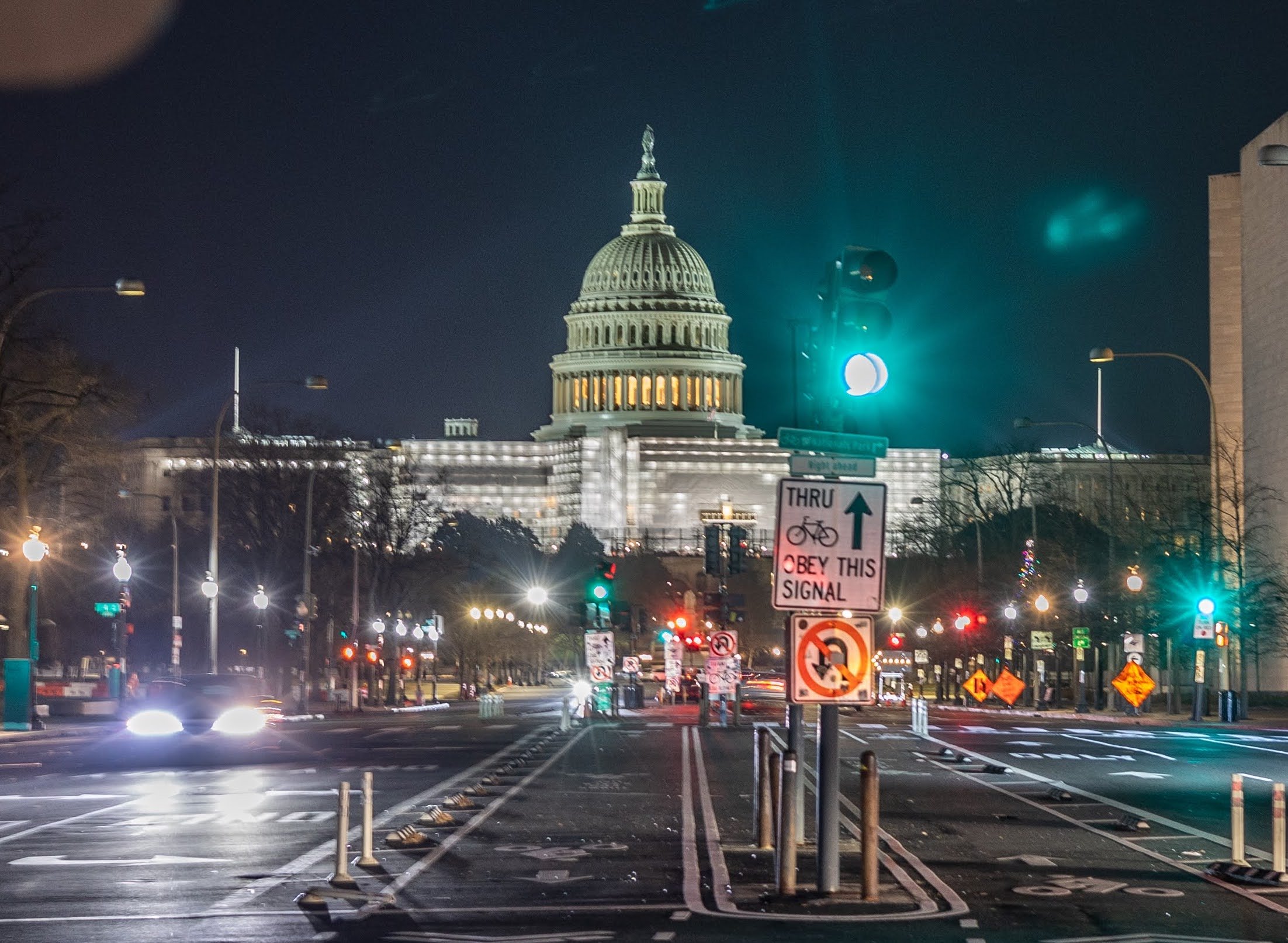
A bipartisan group of lawmakers is calling on President Joe Biden to create a maritime czar to organize American seapower and maritime policy, according to a letter obtained by USNI News.
The letter, dated Jan. 29, is signed by nearly two dozen lawmakers from both parties and chambers. Citing China’s aggression in the maritime space and the United States’ deteriorating shipbuilding infrastructure, the letter asks Biden to create an “interagency maritime policy coordinator” who can synchronize policy across the defense, commercial and civilian realms.
“America is — and will always be — a maritime nation,” the letter reads. “But after years of neglect, changing the trajectory of our shipbuilding and shipping industries is a task that will be measured in decades, not days, months, or years. We stand at an inflection point. We must act now — before it is too late — to reinvigorate American and allied maritime power on the seas.”
Signatories to the letter include Sens. John Cornyn (R-Texas), Mark Kelly (D-Ariz.), Tammy Duckworth (D-Ill.), Marco Rubio (R-Fla.), Rick Scott (R-Fla.) and John Boozman (R-Ark.). Kelly is a retired Navy captain who graduated from the U.S. Merchant Marine Academy.
The letter notably does not include the lawmakers leading the Senate and House armed services committees, nor does it include the chairmen and ranking members of those panels’ respective seapower subcommittees.
Reps. John Garamendi (D-Calif.) and Michael Waltz (R-Fla.) did sign the letter. Waltz chairs the HASC readiness subcommittee and Garamendi is the panel’s ranking member. Rep. Doug Lamborn (R-Colo.), who chairs the HASC strategic forces subcommittee, and Rep. Jack Bergman (R-Mich.), a retired Marine Corps lieutenant general, also signed the letter.
Brent Sadler, a senior research fellow at the Heritage Foundation and a retired Navy submariner, compared the coordinator position to the maritime commissioner under Franklin Delano Roosevelt leading up to World War II.
“History points out even going back to FDR’s time in the ‘30s that you’ve got to have someone that has a direct link to the president to be able to get results in the shipping and shipbuilding second because there’s so many conflicting interests,” Sadler told USNI News.
With one point of contact across the defense, commercial and civilian sectors, the idea is that the person leading the effort would have Biden’s ear and get the president invested in maritime policy, according to Sadler.
“So you’ve got Army, Air Force and then the Navy that are all competing for limited resources,” Sadler said.
“Then you’ve got [the Department of Commerce] and you’ve got the Department of Homeland Security and [the Department of] Transportation that all have a piece,” he added. “So the only way that you can actually get all the cats together is to have someone that’s acting on behest of the president and for the president to be personally invested in it.”
The lawmakers also call on Biden to create a strategy of “de-risking” the U.S. from China and other threats in the maritime space, according to the letter. Biden should also put out a presidential determination that would designate “commercial, civil, and military shipbuilding and shipping industries, with their associated domestic infrastructure and workforces, as elements on the nation’s critical infrastructure sectors list,” the letter reads.
Lawmakers also want the Pentagon to have the authority to implement the Defense Production Act and use Title III “to invest in the commercial shipbuilding and shipping industries and civilian infrastructure and workforces, in coordination with the Maritime Administration.”
The letter comes as the U.S. grapples with several competing priorities across the maritime sphere. U.S. Navy ships for the last several months have been protecting commercial shipping lanes in the Red Sea from drone and missile attacks launched from the Houthis in Yemen. With a need for ships to operate in the Middle East, the Defense Department is also balancing how to maintain presence in the Indo-Pacific, its priority theater where China’s People’s Liberation Army Navy is the most active.
Meanwhile, Congress and the Navy have struggled to address American sealift capacity, which Sadler described as the “gateway issue,” and the aging ships that are responsible for helping the military in conflict overseas.
“You go back maritime administrator to maritime administrator, it’s been this way for far too long, well over 15 years,” Sadler said.





